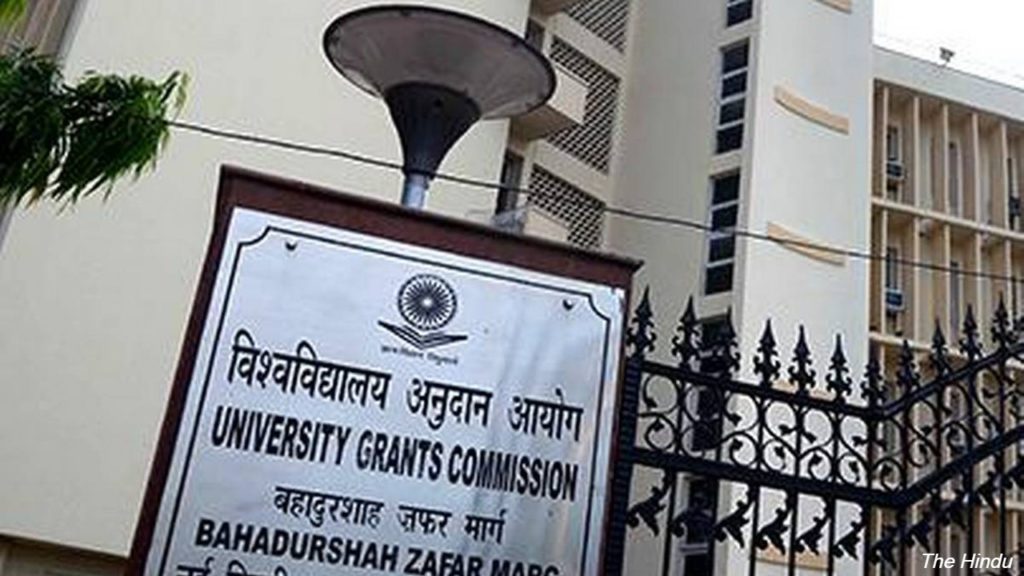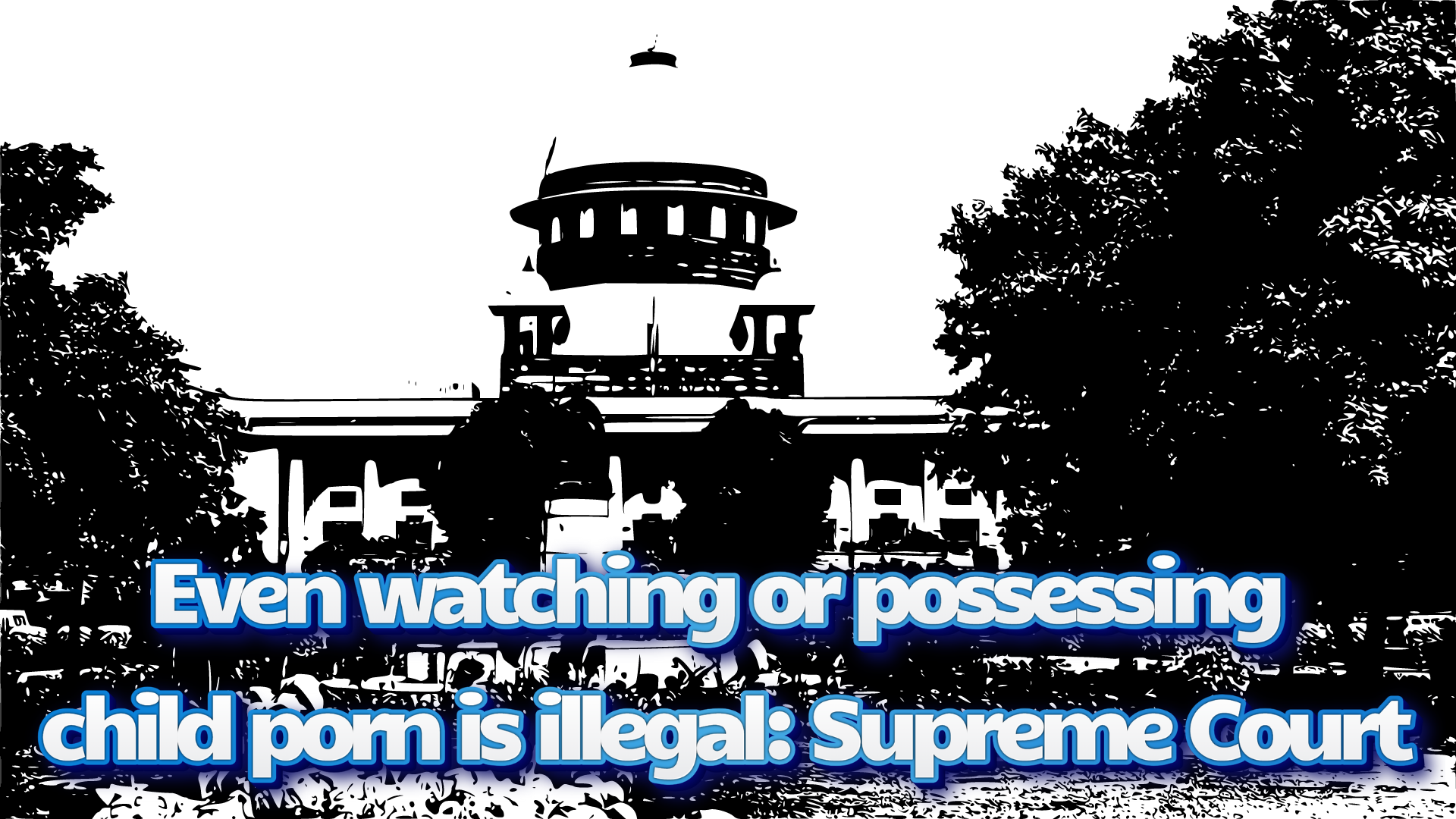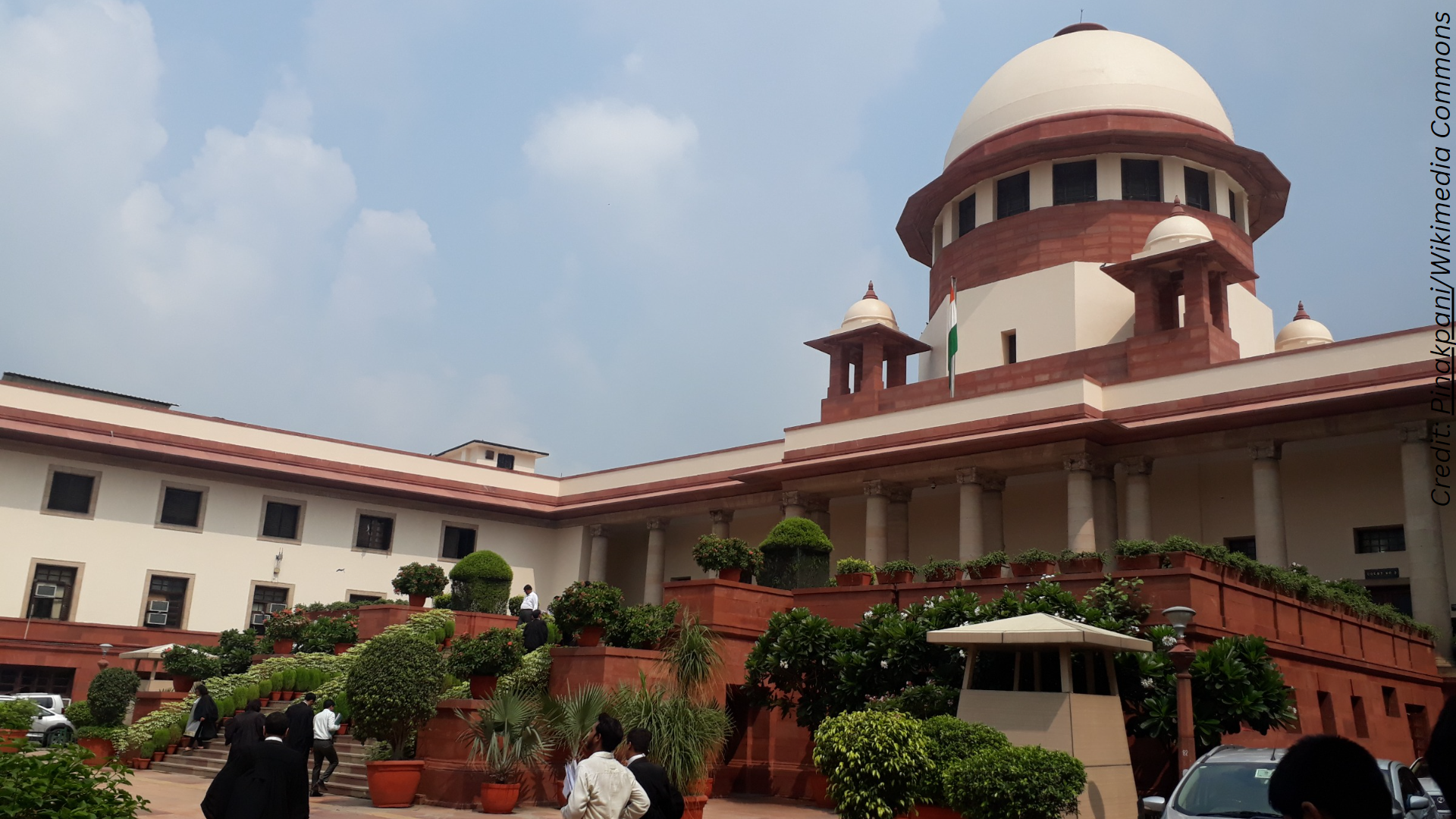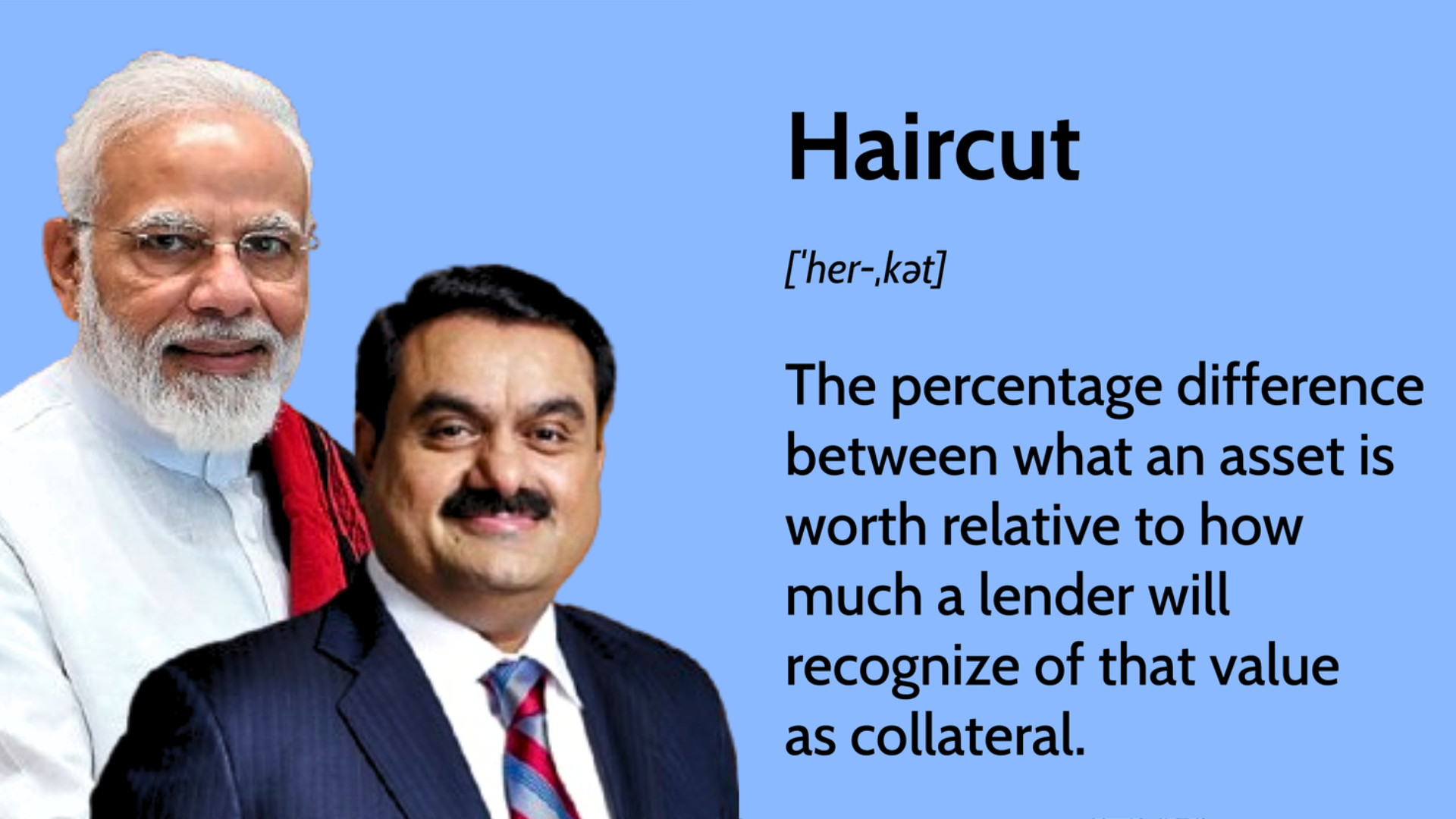Proposed NET II Fellowship would hurt students badly, say academicians

If the Union government accepts the recommendations of the Gautam Barua-led panel, the aspirations for research for thousands of poor and rural students from across India would be snuffed out.
A recent recommendation by a government panel, if accepted, could spell doom for the research hopes of thousands of students across the country.
Currently, there are three types of scholarships that PhD and MPhil students at central universities get: Junior Research Fellowship (JRF) for the NET-qualified students, Non-NET Fellowship and a few other minor scholarships.
Some 8,000 are given the JRF (Rs 31,000 a month for two years and Rs 35,000 a month for the next three years) based on their NET ranks.
The rest are eligible for the Non-NET Fellowship, currently given to about 30,000 research scholars (Rs 8,000 a month for PhD students and Rs 5,000 a month for the soon-to-be-history MPhil students).
Now a panel has suggested replacing the Non-NET Fellowship with a NET-II Fellowship, thus tying all research scholarships at central universities with securing pass marks in the NET (National Eligibility Test), according to sources in the Education Ministry and the University Grants Commission (UGC).
Academics said that the new recommendations, if implemented, will hurt poor and rural students who cannot afford or access coaching, which increases the chances of cracking the multiple-choice-based NET.
In the current system, research scholars take subjective-type entrance tests to gain admission to central universities, thus qualifying automatically for the Non-NET Fellowship. The entrance tests are conducted individually by some of the universities and as a group by the rest.
About a year after the Modi government came to power, in October 2015, the UGC had first decided to scrap the Non-NET Fellowship, citing a lack of funds. Student protests across the country stopped the government from implementing it.
However, still keen on reducing the expenditure, it formed an expert committee under a professor, Gautam Barua, to suggest better selection guidelines.
The panel took more than five years and handed in its report in June this year. It recommended the NET-II Fellowship, for those with lower NET marks, and said the stipend should be half that of the JRF. The panel also denied any scholarship to MPhil students since the programme is on its way to abolition.
As mentioned above, this would severely handicap the poor and rural students from getting a scholarship, and thus many aspirants would be forced to give up dreams of a PhD.
Several academicians have expressed dismay at the Gautam Barua-led panel’s recommendations, as reported in a prominent daily.
Former UGC chairperson Sukhadeo Thorat, on whose watch the Non-NET Fellowship was started in 2008, said “all those getting into PhD courses” as the entrance test that research scholars at central universities crack is “more rigorous” than the NET, and so Non-NET student does not necessarily mean one of poor quality.
N Sai Balaji, a research scholar at JNU, said students from disadvantaged groups “bring with them their diverse experiences that help them come up with innovative research ideas, but now that opportunity will end”.
Former UGC secretary RK Chauhan said that “the government doesn’t want to spend on research” since, “by linking fellowships to the NET, the number may be reduced” as then “the UGC will be free to decide the pass criterion”.
A professor at the Jamia Millia Islamia said that higher education seemed not to be a priority of the Union government.







